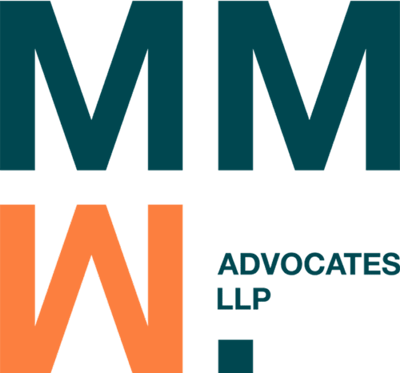Employers have been known to investigate employees for many reasons—misconduct, fraud, or violations of company policies. But when does an investigation breach an employee’s right to privacy? Further, when suspected misconduct arises, employers often withhold salary increments or bonuses. Is this legal, or does it amount to unfair labor practices? These were the issues the court grappled with in the case of Thomas Mwangi Macharia v ABSA Bank Kenya PLC Neutral citation: [2024] KEELRC 2399 (KLR).
In this case, ABSA Bank launched a private investigation into Thomas Mwangi, a senior branch manager, after allegations of unauthorized overdrafts and conflict of interest surfaced. However, the investigation didn’t just focus on his work; it crossed into his personal life. Mwangi argued that this violated his privacy under Article 31 of the Kenyan Constitution, which protects an individual’s right to personal privacy.
WHEN DOES AN EMPLOYER’S RIGHT TO INVESTIGATE BREACH PRIVACY?
The court in Mwangi v ABSA Bank Kenya PLC made it clear that while employers have the right to investigate employees, this right is not unlimited. The threshold for such investigations must be tied directly to work-related misconduct, such as fraud or breaches of company policies. In this case, ABSA Bank crossed the line by engaging private investigators to follow Mwangi into his personal life without clear work-related justification. The court emphasized that investigations should not intrude into an employee’s personal life unless there is a clear and direct connection to professional conduct.
The court ruled that privacy rights under Article 31 of the Constitution are inviolable, even in the context of employment. It held that following an employee outside work hours and in private settings, such as restaurants, without a clear link to alleged misconduct, constituted a breach of privacy.
The employer’s actions were deemed unjustified because they lacked the necessary nexus between Mwangi’s private behavior and any harm to the employer’s operations. Therefore, the investigation was deemed excessive, and the court underscored that employee privacy remains protected unless the misconduct directly affects their role or the company.
WITHHOLDING BONUSES AND SALARY INCREMENTS: IS IT LEGAL?
Another issue raised in this case was the legality of withholding Mwangi’s performance bonus and salary increment. Employers often believe that if an employee is under investigation or involved in disciplinary proceedings, they can withhold these bonuses and salary increaments. But is this always legal?
In Mwangi’s case, he had been informed that, due to his stellar performance, he was entitled to a bonus for the year 2022, amounting to Ksh 2.3 million. However, following the initiation of the investigation in early 2023, ABSA Bank withheld this bonus, as well as a scheduled salary increment. The bank argued that ongoing investigations disqualified him from receiving these benefits.
The court took a different view. Since Mwangi had already earned the bonus based on his performance in 2022—before any allegations of misconduct were raised—the court ruled that it was unfair for the employer to withhold the bonus retroactively.
Performance bonuses are a recognition of past achievements, and unless misconduct occurred during that period, it cannot be used as a reason to withhold them. The salary increment, though discretionary, was also deemed due, as the employer had set a precedent through internal policy.
LESSONS FOR EMPLOYERS AND EMPLOYEES
This case provides several important lessons for both employers and employees. Employers must ensure that investigations are fair, targeted, and do not overreach into an employee’s private life. Investigations should be based on clear work-related concerns and be handled with transparency and respect for the employee’s rights.
On the other hand, employees should be aware of their rights, especially when it comes to privacy and earned benefits like bonuses. Performance-related bonuses and salary increments should be awarded based on clear and fair criteria, and unless there is proven misconduct directly affecting past performance, they should not be withheld.
In the end, the court ruled in favor of Mwangi, awarding him Ksh 5 million in damages for breach of privacy, along with the unpaid bonus and salary increment. It was a reminder that while employers can investigate misconduct, they must respect the line where professional oversight becomes a personal intrusion.
| Article written by Stella Muraguri- Managing Partner at MMW Advocates LLP
W: www.mmw.legal E: info@mmw.legal
|
